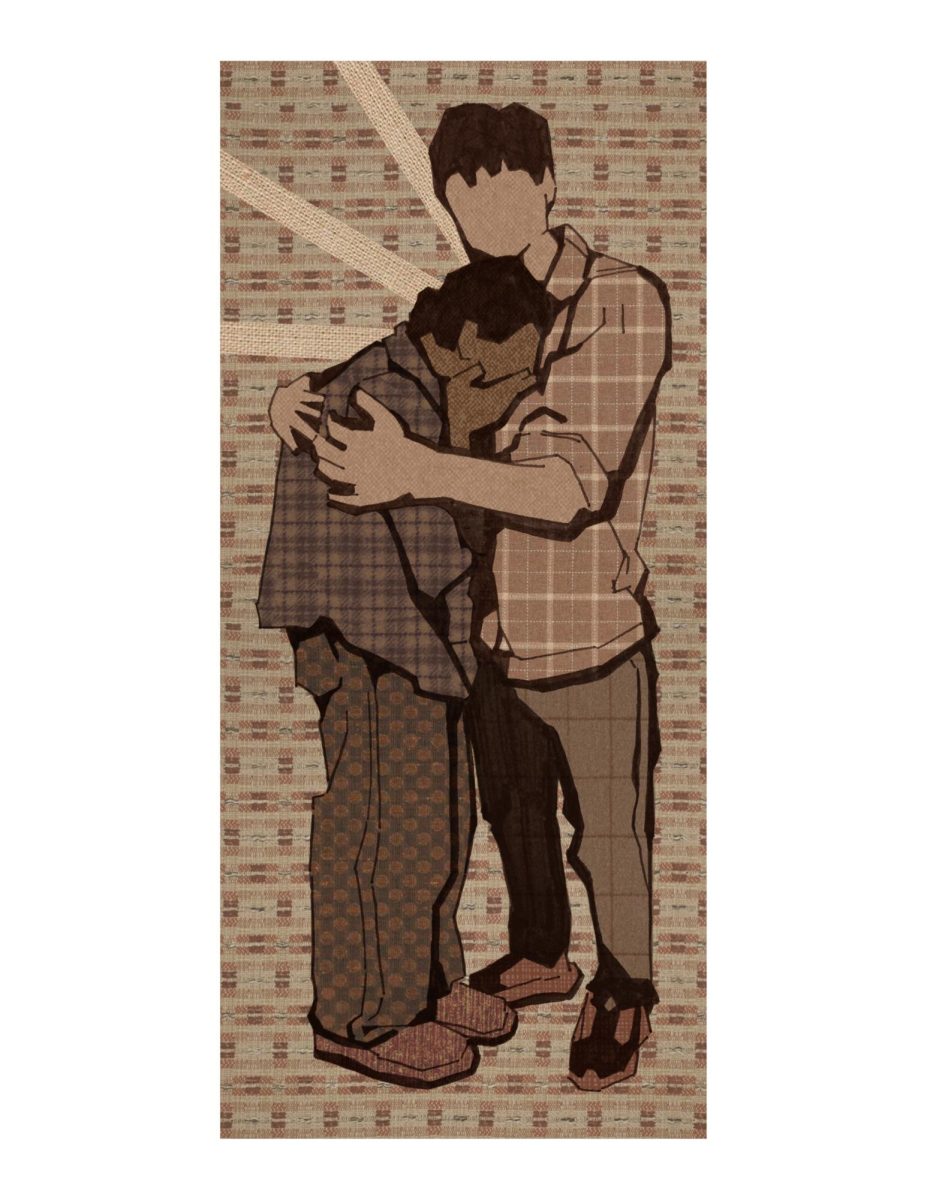My interest in McManus has grown in recent years for a couple of reasons. First, when friends of mine moved to Beverly Hills, I joined them in the hunt for a church and one Sunday morning we landed at McManus’ church, Mosaic. Secondly, McManus has connections with Rock Harbor Church and a close friend of mine who goes there attended a day of his leadership training. And thirdly, my theological scope this last year has focused in on another hip emerging pastor, Rob Bell. In his popular book “Velvet Elvis,” Bell cites McManus as one who influenced him to write “something before I die.”
During this Q & A time, the biggest question I found myself asking was if his theology is robust enough to achieve both gospel-humility and gospel-confidence? For example, how does his concept of “Soul Cravings” fit with the doctrine of the sinfulness of man? I agree that God has put eternity into our hearts and like C.S. Lewis rightfully said, “If I find in myself desires which nothing on earth can satisfy, it must mean that I was made for another world.”
But can people even universally recognize these cravings apart from God’s initiation? And do these desires lead people to actually become Christians? Does salvation happen when someone acknowledges his or her soul’s cravings and then chooses Jesus? Or are we rebels against the great King who can only become loyal subjects by an act of the King’s mercy? In other words, how bad really are we?
For the last six months I have been compiling a list in the back of my Bible. Any time I come across a passage of Scripture that deals with the sinfulness of man or even man’s frailty I jot it down. And the list keeps growing. The first five chapters in Romans alone have enough imagery in them to convince me that I cannot and do not choose God. It says we are all ungodly and our foolish hearts have been darkened. We are called haters of God, faithless, heartless, ruthless, law-breakers, sinners, disobedient, weak, enemies, worthless and even dead.
This does not make me hopeful that the golden ticket to heaven lies just beneath my desires. I could not even seek God were it not for his grace to pursue and choose me. Without God’s mercy to open my eyes there is no way I, a dead sinner and a defiant rebel, could even be aware of my deepest desires or the foolishness of my rebellion.
The Bible says I’m a branch who can do nothing that pleases God if I’m disconnected from the vine (John 15:5). Were I to “give away all I have, and if I deliver up my body to be burned, but have not love, I gain nothing” (1 Cor 13:3).
Nothing? Yes, nothing. Any act of kindness or sacrifice without God-glorifying motivation does not please God because “without faith it is impossible to please God” (Hebrews 11:6). We are not just people who are a little skewed, but people whose “righteous acts are like filthy rags” (Isaiah 64:6).
And if I could choose God that would give me cause for boasting. Gospel-humility cannot be sustained by this theology because we would have some grounds for a sense of superiority over others who did not choose God. Maybe I am just smarter, deeper or more spiritually alert. Either way, there was something I brought to the table in my relationship with God that others just don’t bring.
To say that we can choose God diminishes the glory of Jesus Christ. Instead of “Amazing Grace how sweet the sound that saved a WRETCH like me” we would have to sing, “Amazing Grace how sweet my choice to choose my God to be Thee.”
Our eyes should stay fixed on Jesus Christ, the one who humbly entered frail humanity not merely to give us choice, but to change rebels into worshipers.






